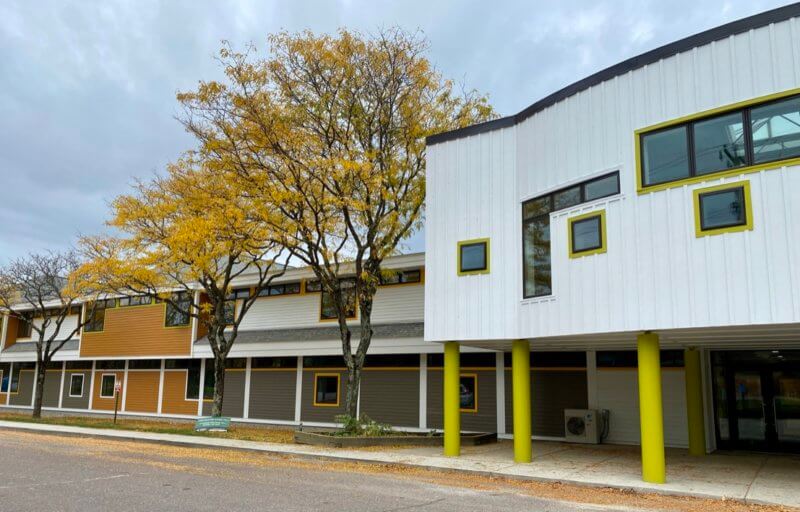Charlotte Central School appears safe from PCBs
(This story has been corrected. The school district is part of a multi-plaintiff case, not a class action suit.)
The threat to Charlotte Central School students from PCBs appears to have been minimal, and after its third round of testing, almost completely gone.
Initially, the testing found an unacceptable level of the harmful chemicals in the kitchen, so primarily the adult kitchen staff were exposed.

The school responded by moving meal preparation into the lunchroom while the kitchen was worked on. Now, the kitchen is showing no PCB, or polychlorinated biphenyl, contamination.
The PCBs in the kitchen are believed to have been in ballast in a fluorescent light in the pantry, which has been removed.
Ballast moderates the amount of current going into a fluorescent tube. It was common to have flourescent lighting ballasts containing PCBs years ago, said Gary Marckres, the Champlain Valley School District’s chief operation officer.
The most recent testing did find PCBs in the boiler room. It’s believed to be in the compressor oil, Marckres said, but it is below the level requiring action.
It is less concerning than it might have been because the level of PCBs detected there was below the action level, adults seldom are in the boiler room and students are never there. Nonetheless, the school system is working to get rid of any PCBs there.
“We’re going to take a look and make sure that we have that mitigated as well,” Marckres said.
The Champlain Valley School District is part of a multi-plaintiff case, along with multiple Vermont school districts, against Monsanto. Monsanto was an agrochemical and agricultural biotechnology corporation that was purchased by Bayer in 2018. Until it ceased production of polychlorinated biphenyls in 1977, Monsanto produced 99 percent of the PCBs used in U.S. industry.
If Vermont wins case, Marckres does not expect the school district will see much money from the case. He said the state has paid for about 80 percent of the mitigation work at Charlotte Central School.
Marckres said he wasn’t sure of the amount the district has spent at the school but that it is significantly less than $100,000.
Charlotte Central School was the first school tested under the state testing program for PCBs because that’s where it landed in the schedule for school testing. Eventually, all the schools in the district and the state will be tested.
The school had installed a carbon filtration system before all the mitigation work was done. Marckres said this type of system has been documented as being effective against PCBs. With the filtration system running, PCBs didn’t show up, but were found when the testing was done with the carbon filtration system turned off.
